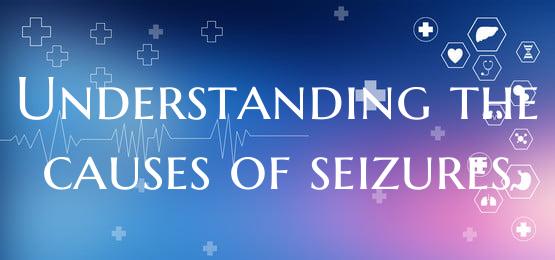
Understanding the causes of seizures
Seizures can be a frightening and often misunderstood medical condition that affects many people around the world. To better comprehend this disorder, it is essential to understand its causes and triggers.
1. Epilepsy: One of the most common causes of seizures is epilepsy, a neurological disorder that leads to abnormal brain activity. People with epilepsy may experience recurrent seizures, but not all seizures are due to epilepsy.
2. Brain Injury: Traumatic brain injuries, such as those resulting from accidents or strokes, can also trigger seizures. The damage to the brain disrupts normal neurological functions, leading to the occurrence of seizures.
3. Genetics: Some individuals may have a genetic predisposition to seizures. Certain genetic conditions, such as Dravet syndrome or Angelman syndrome, can significantly increase the likelihood of experiencing seizures.
4. Infections: Serious infections that affect the brain, such as meningitis or encephalitis, can cause inflammation and disrupt brain function, resulting in seizures. These infections can leave lasting effects on brain health and increase the risk of future seizures.
5. Metabolic Disorders: Conditions that affect metabolic processes in the body, such as diabetes or electrolyte imbalances, can lead to seizures. These disorders interfere with the brain's electrical activity, triggering abnormal neuronal firing and seizures.
6. Tumors: Brain tumors or growths in the central nervous system can exert pressure on brain tissues, disrupting normal brain function and causing seizures as a result.
7. Developmental Disorders: Individuals with developmental disorders, such as autism or cerebral palsy, may be more prone to seizures due to underlying neurological abnormalities.
8. Substance Abuse: Certain substances, including alcohol, drugs, or toxic substances, can lower the seizure threshold and increase the likelihood of experiencing seizures.
Understanding the diverse range of causes of seizures is crucial in diagnosing the condition accurately and developing effective treatment plans. If you or someone you know experiences recurrent seizures, it is important to seek medical attention to determine the underlying cause and receive appropriate care.